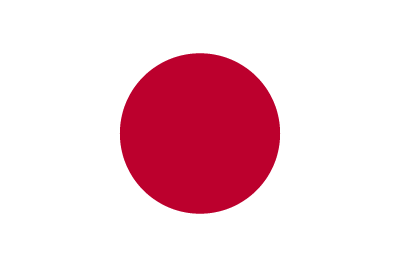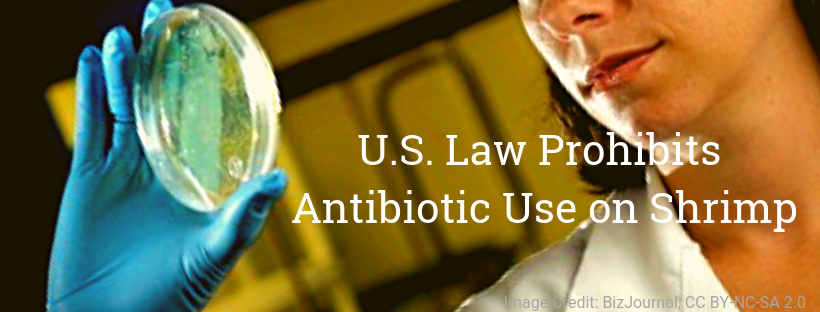Searchable Databases of Antibiotic-Contaminated Shrimp
The Southern Shrimp Alliance has compiled databases for all shrimp products refused entry by enforcement agencies in the United States, European Union, and Japan due to the presence of banned antibiotics and other antimicrobials. The databases provide information obtained directly from the enforcement agencies’ public disclosures. Users can sort and search the databases, which are compiled in Excel format. The data and dates available vary by the information made available by each enforcement agency.

FDA’s Line Entry Refusals for Shrimp due to Antibiotic Residues
2002-2023 - Sort by manufacturing firm FEI number, legal name, address, country of origin, product, refusal date and more.

European Union’s RASFF Notifications for Shrimp Refusals due to Antibiotics
2001-2023 - Sort by product, refusal date, country of origin, type of banned antibiotic, and more. RASFF does not report the name of the specific company

Japan’s Rejections of Shrimp for Antibiotics
NOV 2010-2023 - Sort by product, country of origin, name of manufacturer or shipper, antibiotic finding, year and more.

Quick Facts and Links
- The FDA has not approved the use of any antibiotics in shrimp aquaculture, meaning that no shrimp containing antibiotics may be sold in the U.S. market.
- The FDA explains the limited scope of its approval in an open letter to aquaculture professionals.
- The only veterinary drug that the FDA has approved for use with shrimp is a single kind of fungicide (not an antibiotic), formalin, for which there are two types on the market approved for use: Formalin-F and Formacide-B.
- Aquaculture systems and farms have been designated as ‘genetic reactors’ or ‘hotspots for AMR genes’ where significant genetic exchange and recombination can occur, which can shape the evolution of future resistance profiles. The seafood industry must work together to stop drug resistance. Change can’t wait.
Food Safety Regulatory Agencies by Country
The links below allow you to review information published by food safety regulatory agencies in the United States, Canada, Japan, Switzerland, the European Union, and Australia regarding seafood and other imports.

United States
U.S. Food and Drug Administration
Import Alerts for Fishery/Seafood Products
Operational and Administrative System for Import Support (OASIS) lists of Import Refusals

European Union
European Commission
Searchable Rapid Alert System for Food and Feed (RASFF)
Food and Veterinary Office
Searchable Inspection Report Database
European Commission’s “Final Report of an Audit Carried Out in India From 16 to 27 April 2018 in Order to Evaluate the Control of Residues and Contaminants in Live Animals and Animal Products Including Controls on Veterinary Medicinal Products” DG(SANTE) 2018-6345

Japan
Ministry of Health, Labour and Welfare, Imported Foods Inspection Services
List of Import Refusals (See “Recent Cases of Violation of the Food Sanitation Act”)

Australia
Imported Food Inspection Scheme
Research Centers
These research centers dedicate themselves to different aspects of food security, including the effects of antibiotic use in aquaculture.

The Food Protection and Defense Institute (FPDI) is a Center of Excellence, established by the U.S. Department of Homeland Security Science & Technology Division, that addresses vulnerabilities of the global food system through a comprehensive, farm-to-table view. It partners with industry, government, NGOs, and academic stakeholders to help assure product integrity, supply chain resiliency, and brand protection throughout the food system.

The Johns Hopkins Center for a Livable Future works with students, educators, researchers, policymakers, advocacy organizations and communities to build a healthier, more equitable, and resilient food system.
It researches food security, food production, climate disruption, and food system policy change. A high-priority area of concern includes antibiotic resistance.
